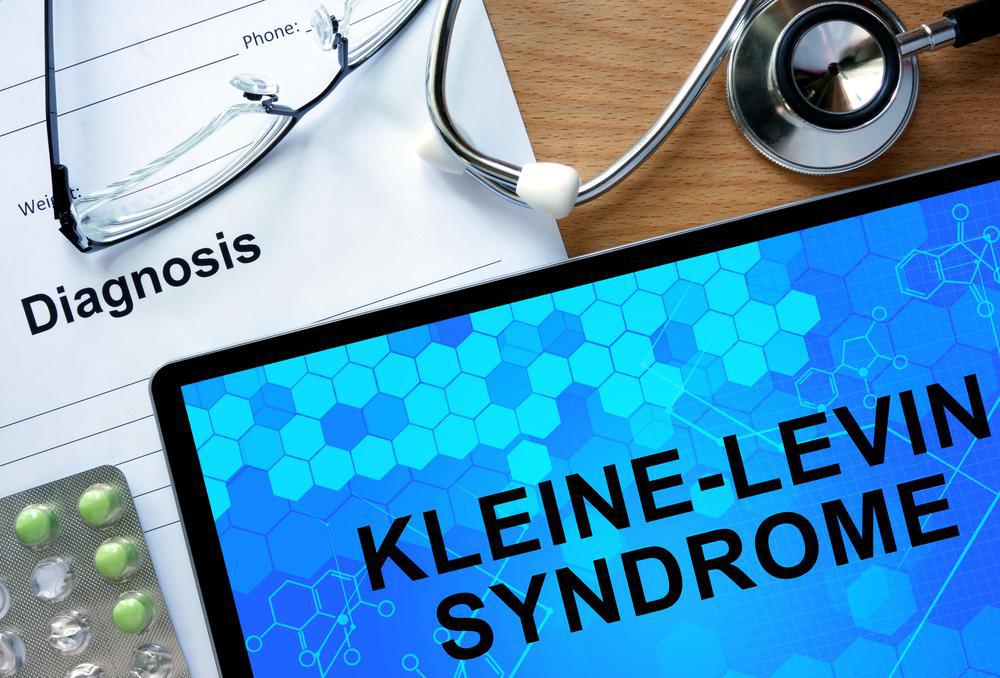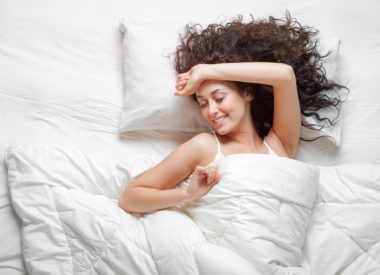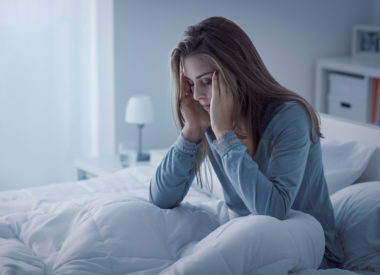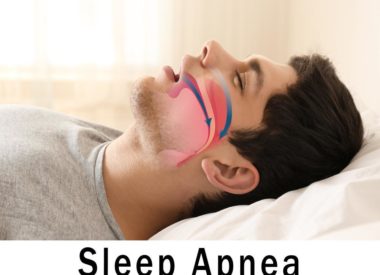What is Kleine-Levin Syndrome (aka Sleeping Beauty Syndrome)?
Chances are, you have experienced that dragging, dull semi-conscious feeling you get from sleep deprivation (lack of sleep). All you want to do is take a nap. However, for individuals who are suffering with primary hypersomnia, they are dealing with this feeling every day. They feel only half-awake and hardly ever can get enough quality sleep at night to promise them a refreshed day the next morning. This constant state of being is known as Kleine-Levin Syndrome or sometimes referred to as Sleeping Beauty Syndrome.
What is Kleine-Levin Syndrome?
Sleeping beauty syndrome is a complex neurological condition that can be characterized by altered behavior, unreasonable amounts of recurring sleep, and a decrease in your understanding of what’s going on in the world.
At the beginning of an episode, you start to get increasingly drowsy and end up sleeping most of your day away and into the night (hypersomnolence). You wake only to go to the bathroom or get something to eat. This sleep-drunkenness state that Kleine-Levin Syndrome produces makes it almost impossible for you to work or go to school.
When it affects men, it can lead to:
- compulsive masturbation
- hypersexual behavior
- inappropriate sexual advances
- desire for promiscuous sex
All this happens to men while they are in a semi-conscious, sleepy state. Episodes can last for several days to weeks to even months putting your routine daily activities on hold. You even struggle with taking care of yourself.
When you are not in an episode, you appear ‘normal’ or in perfect health and don’t look to have any physical or behavioral dysfunction. Episodes can carry on for over 10 to 12 years or more.
Who Gets Sleeping Beauty Syndrome?
This condition, although rare, appears to affect adolescent males who are typically in their teenage years (16 years old). In fact, out of everyone who has this condition, around 70 percent are male. Women, however, tend to keep the disorder longer men.
Even though there are over 500 reported cases of this disorder in medical literature, it still often goes under-diagnosed and unrecognized, which makes it challenging to truly figure out its frequency in the overall population.
Signs and Symptoms of Kleine-Levin Disorder
As mentioned, this disorder causes excessive periods of sleep (as much as 20 hours a day). The symptoms you experience come on as episodes and last from several days to several weeks. Some episodes can last up to two months.You typically have an abrupt onset of an episode that feels like flu-like symptoms.
Other symptoms may include:
- Irritability
- Disorientation
- Excessive food intake
- Uninhibited sex drive that’s abnormal
- Hallucinations
- Childishness
As a consequence of the disorder, your mood may become depressed. Between episodes, you are perfectly normal, but you may not remember much of what happened in the middle of an episode afterwards. You may go weeks before you experience these symptoms again. These symptoms may come on due to parts of your brain (thalamus and hypothalamus) that govern sleep and appetite becoming malfunctioned.
Causes of Sleep Beauty Disorder
Nobody knows for certain what the exact cause of this disorder is. It could be due to the damage or malfunction of the part of your brain that works in regulating your functions like sleeping, body temperature and appetite. Researchers have questioned whether or not the symptoms develop because of an infectious disease that affects your hypothalamus or a head injury, however, these speculations have not been proven as of yet.
Because the disorder typically follows a flu-like illness, researchers speculate that the development of this condition could be due to an underlying autoimmune process. Autoimmune disorders develop when the natural defenses of your body against antibodies or invading or foreign organisms begin attacking your healthy tissue for reasons that are unknown. In 2005, a study conducted by Stanford University found that around 72 percent of the Kleine-Levin Syndrome cases came after infection symptoms.
There have been some very rare cases whereby this disorder affects more than one family member. This suggests that there could be a role that genetics plays, which can influence your likelihood of developing the condition.
How Kleine-Levin Syndrome (KLS) is Diagnosed
Getting a proper diagnosis of this condition can be a challenge since its main symptom (hypersomnia) is also a common symptom in a number of other conditions as well. Therefore, doctors typically have to rule out other disorders that have similar symptoms to come up with a KLS diagnosis. Because of this, you may have to undergo a wide range of testing for conditions, such as:
- Metabolic problems (Hypothroidism, Diabetes, Encephalopathies)
- Inflammation or tumor
- Multiple Sclerosis
These are only a handful of disorders that can have similar symptoms as Sleeping Beauty Syndrome. You may have to have other tests, including an MRI and sleep study.
Treatment and Prognosis of KLS
There isn’t any definitive treatment for KLS. Any treatment given is usually determined by the specific symptoms you are experiencing and can differ between individuals. There may be a whole team of specialists needed to coordinate treatment for adolescents such as neurologists, psychiatrists, psychologists, pediatricians, sleep specialists, and other healthcare professionals.
In some cases, stimulates, such as amphetamines, may provide temporary relief in reducing the need forexcessive sleep in individuals with Kleine-Levin syndrome. In other cases, an anticonvulsant drug used to treat epilepsy, called phenytoin, may be an effective treatment. Still, another drug, lithium, which is used to treat mood disorders, has been an effective treatment. . Carbamazepine and lithium may also be given to help prevent further episodes since there are similarities in certain mood disorders and Kleine-Levin Syndrome. Other types of possible treatments might include modafinil, methylphenidate and other stimulant pills to treat sleepiness.
That said, more studies are needed to determine the long-term effectiveness of these drugs for the treatment of this sleeping beauty syndrome.
There is usually a decrease in episodes and their intensity and frequency over a period of eight to 12 years.
If you or a loved one wants to learn more about this sleep disorder, please call us at425-279-7151 or click the button below to request a free phone consultation today.



